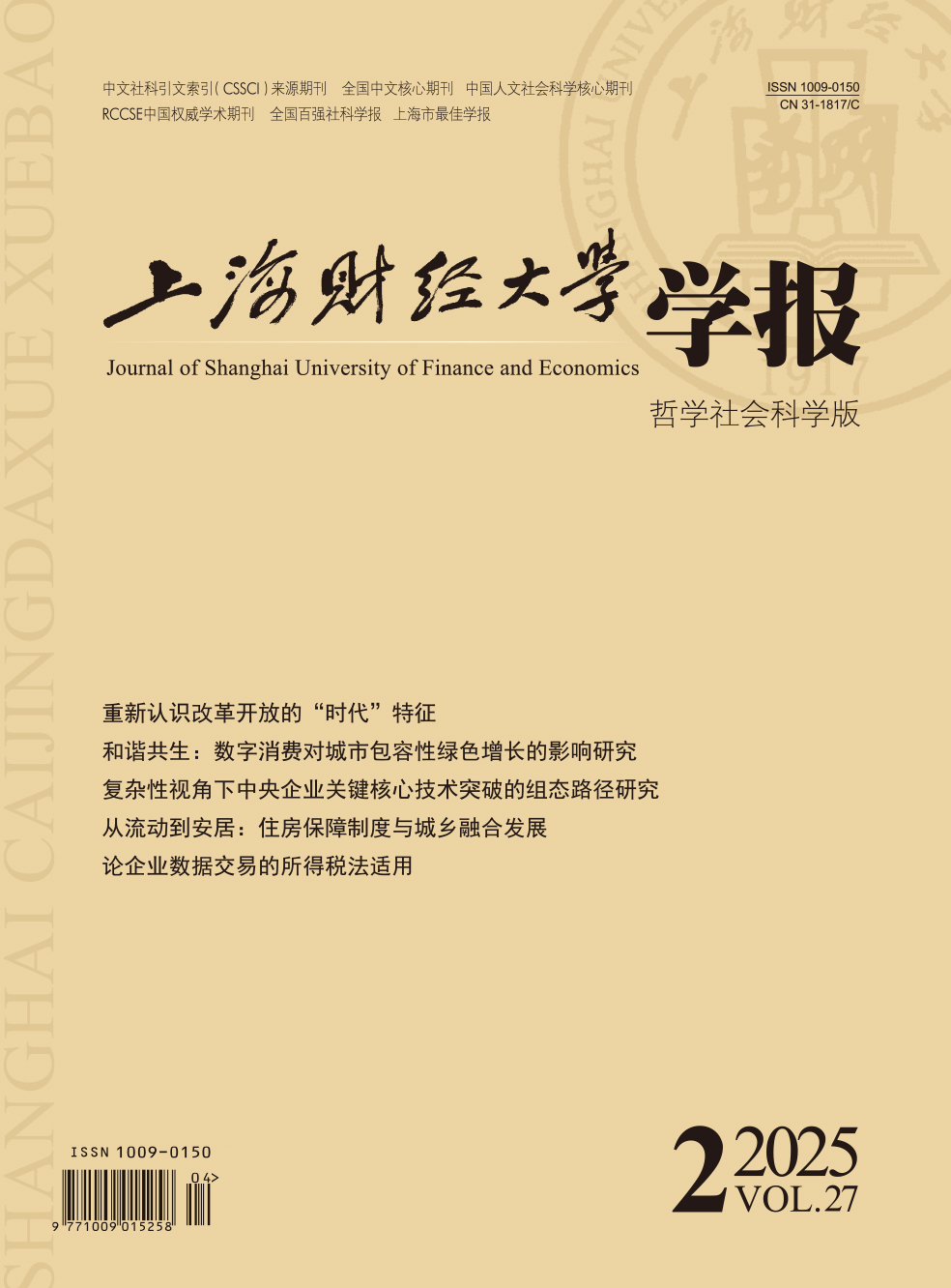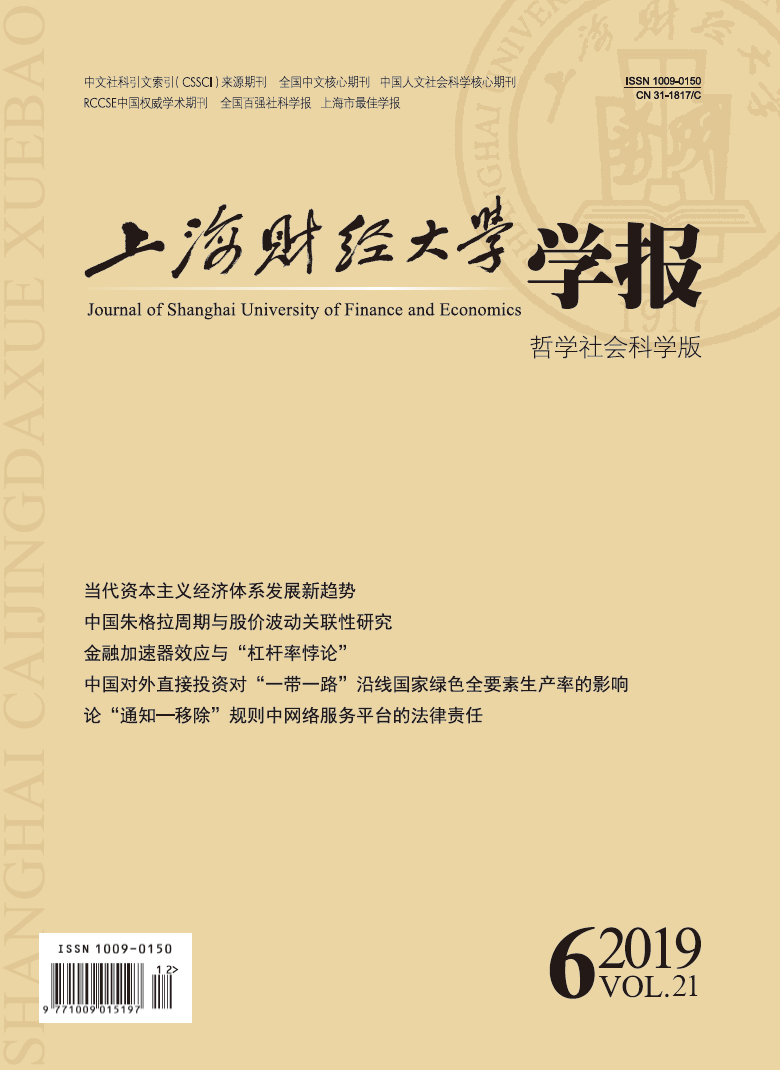This study will try to investigate the micro-mechanism and empirical evidence of the impact of RMB exchange rate fluctuations on enterprise investment from a new perspective. Firstly, at the micro mechanism level, this study constructs a two-country model of household, enterprise, financial intermediary and central bank from the perspective of general equilibrium, and researches how the change of RMB exchange rate affects the investment behavior of enterprises in the environment of market clearing and equilibrium stability. Secondly, in terms of the empirical analysis, this study focuses on utilizing China’s industrial enterprise database and Chinese customs database for exchange rate affecting the investment behavior of micro enterprises. And every enterprise’s export and import records in Chinese customs database include destinations and volume details, which is helpful for evaluating the real effective exchange rate of different enterprises. Also, this estimated exchange rate could depict the heterogeneity of the enterprise itself, so as to be able to provide enlightenment for more accurate description of the impact of exchange rate fluctuations on investment. Finally, due to the significant differences in enterprises’ own characteristics, this study also focuses on the classification of enterprises based on different financing constraints, export and import attributes, high technology and low technology, and total factor productivity, and analyzes the heterogeneity of the impact of RMB exchange rate changes on enterprise investment.
This study mainly draws the following findings: Firstly, the appreciation of RMB exchange rate will be detrimental to enterprise investment, among which the capital labor ratio plays the largest role in this influence process. Since this mechanism can improve the factor allocation effect of enterprises and has a positive effect on investment, the timely adjustment of capital labor ratio will not only improve enterprise productivity, but also further promote enterprise investment. Secondly, the formation of enterprise scale economy is conducive to promoting enterprise investment. Finally, the exit effect of enterprises will expand the adverse impact of RMB exchange rate fluctuations on investment, while financing constraints will weaken the impact of exchange rate appreciation on enterprise investment. In order to further quantify the heterogeneity of the impact of RMB exchange rate changes on enterprise investment from a multi-dimensional perspective, we also divide enterprises into export enterprises and non-export enterprises, state-owned enterprises and non-state-owned enterprises, as well as high-technology enterprises and low-technology enterprises. We find that RMB exchange rate fluctuations have significant heterogeneous characteristics on enterprise investment, which to some extent indicates that the channels for the impact of RMB exchange rate changes on enterprise investment are not consistent.
The results of this paper mainly have the following three policy implications: Firstly, as the export revenue channel plays a major role in the process of RMB exchange rate’s impact on enterprise investment, especially the RMB exchange rate appreciation will restrain enterprise investment behavior. Therefore, along with the continuous improvement of the RMB exchange rate formation mechanism, when formulating appropriate policies to maintain the stability of RMB exchange rate, monetary authorities should take into account the adverse impact of exchange rate fluctuations on enterprise investment. Undoubtedly, it will play an important role in the effective investment and high-quality development of enterprises. Secondly, since the scale effect of enterprises promotes their investment, it can reduce the risk of enterprise investment caused by exchange rate fluctuations while improving enterprise productivity and further promoting the development of enterprise scale. Thirdly, the government can give certain support to enterprises with development potential and financing constraints, which is not only conducive to enterprises to cope with the negative impact of the foreign exchange market, but also beneficial to improve the allocation efficiency of financial resources. Therefore, it has important enlightenment for promoting enterprise investment and high-quality development.





 , 2
, 2 4681
4681  7934
7934

